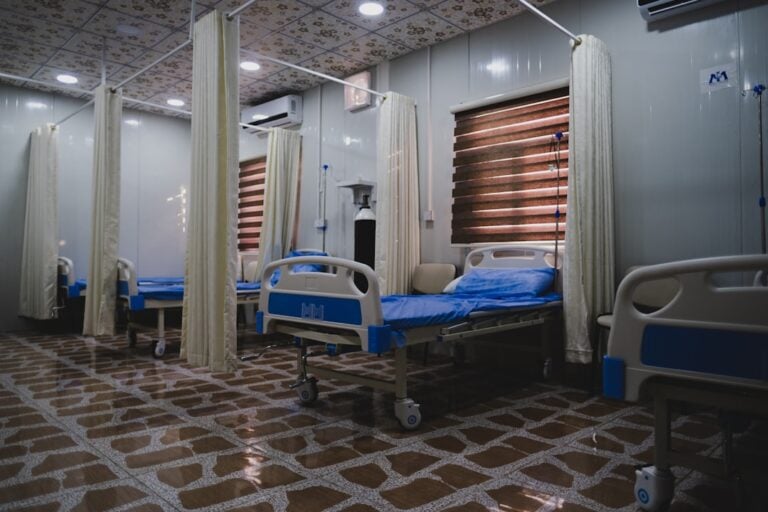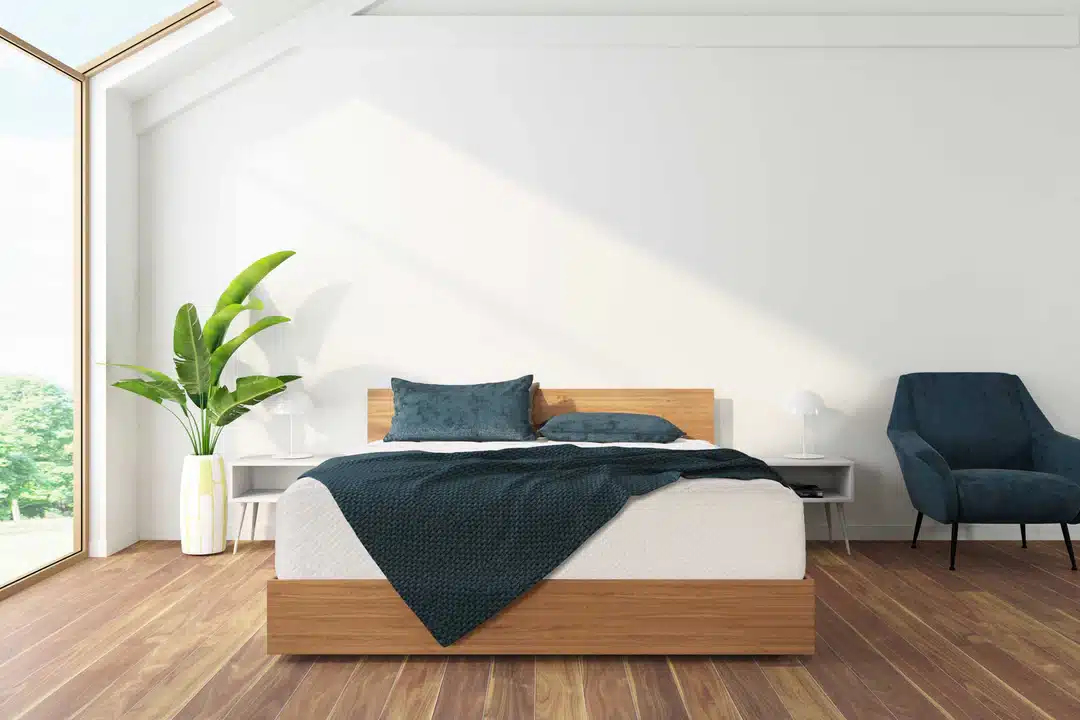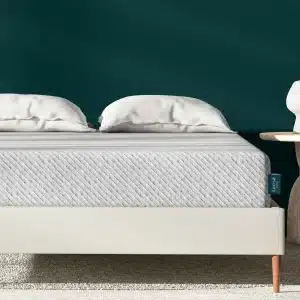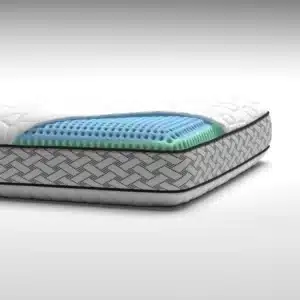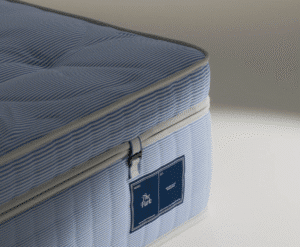Types of Mattresses That Are Covered by Medicare
Navigating the world of mattresses, especially when it comes to medical needs, can be challenging. If you’re wondering about the types of mattresses covered by Medicare, you’ve come to the right place. Medicare primarily covers pressure-reducing mattresses, hospital bed mattresses, and air-fluidized beds, but only under certain conditions that classify them as Durable Medical Equipment (DME). These mattresses must be prescribed by a healthcare provider and deemed medically necessary for specific health conditions.
Understanding Medicare Coverage for Mattresses
Medicare coverage for mattresses falls under Medicare Part B, which addresses outpatient medical costs and durable medical equipment. Here’s a more detailed insight into the essentials of Medicare coverage for mattresses.
Medicare Part B
Medicare Part B covers medically necessary services and supplies, which include specific types of mattresses when prescribed to treat or manage a medical condition. It’s critical to understand how coverage operates so you can effectively navigate the process.
DME Classification
To qualify for coverage, a mattress must meet the strict criteria for Durable Medical Equipment (DME). Medicare specifies that DME must be:
– Durable: Capable of withstanding repeated use.
– Medical Purpose: Used specifically for medical reasons.
– Beneficial: Useful primarily for someone who is sick or injured.
– Home Use: Designed for use in a home setting.
– Long-Lasting: Expected to last at least three years.
Medical Necessity
Medicare will cover a mattress if it is considered medically necessary. This determination requires a healthcare provider to diagnose a condition that justifies the need for a specialized mattress. Common conditions that may warrant a Medicare-covered mattress include:
– Chronic pain
– Bedsores or pressure ulcers
– Severe arthritis
– Conditions impairing mobility
Doctor’s Prescription
A prescription from your doctor is vital. This documentation should detail the medical condition and explain why a specific type of mattress is required. Without this, Medicare will not approve coverage.
Medicare-Approved Suppliers
To receive coverage, you must purchase your mattress from a Medicare-approved supplier. This ensures that the mattress complies with Medicare’s standards and qualifies for reimbursement. You can find a list of approved suppliers by using the Medicare Supplier Directory.
What Types of Mattresses Are Covered by Medicare?
Medicare covers specific types of mattresses classified as Durable Medical Equipment (DME) and deemed medically necessary by a doctor. Here’s a closer look at the types of mattresses covered.
Pressure-Reducing Mattresses
Pressure-reducing mattresses are designed to prevent and treat pressure ulcers while alleviating discomfort for conditions like sciatica and arthritis. Some Medicare-approved options include:
– Solace Resolution Glissando Heavy Duty Mattress: This mattress minimizes friction and shear to prevent ulcers. It incorporates high-density foam and built-in sidewalls for enhanced support.
– Joerns PrevaMatt Defend Pressure Relief Mattress: Known for even pressure redistribution, this mattress helps prevent pressure ulcers and features a two-way stretch nylon cover.
– Drive Medical Therapeutic 5-Zone Support Mattress: This mattress has a convoluted top layer that evenly distributes weight, providing a comfortable surface along with a water-resistant, anti-microbial cover.
– ThevoRelief Pressure Relief Mattress: Crafted for individuals with arthrosis and body aches, it features wing suspensions that create a soft sleeping surface to alleviate soreness.
– Drive Medical Alternating Pressure Low Air Loss Mattress System: This innovative system can alternate pressure modes to help prevent and manage pressure ulcers, offering settings suited for varying comfort levels.
Hospital Bed Mattresses
Medicare also covers mattresses specifically designed for hospital beds when they are deemed medically necessary. These mattresses cater to patients needing long-term care at home. As with other types, they must meet the DME criteria and be prescribed by a doctor.
Air-Fluidized Beds
Air-fluidized beds utilize airflow to reduce pressure on the skin, making them ideal for patients with severe pressure ulcers or other conditions necessitating specialized care. Like other DME, air-fluidized beds require a doctor’s prescription and must meet Medicare’s criteria for medical necessity.
Eligibility Criteria for Medicare Mattress Coverage
To qualify for Medicare coverage, a few eligibility criteria must be met:
Doctor’s Recommendation
You will need a doctor’s prescription, which must provide a medical necessity statement explaining why the specialized mattress is needed. This prescription is crucial for approval.
Medical Condition
Medicare covers mattresses primarily for specific medical conditions, including chronic bedsores, spinal cord injuries, and severe arthritis. Your medical records must substantiate the requirement for the mattress, with all pertinent details included in your prescription.
Medicare-Approved Supplier
It’s essential to purchase your mattress from a Medicare-approved supplier to ensure coverage. These suppliers adhere to Medicare’s pricing and quality standards.
DME Criteria
The mattress must qualify as Durable Medical Equipment (DME), meaning it must be:
– Durable
– Serve a medical purpose
– Be useful primarily for those who are sick or injured
– Designed for home use
– Expected to last a minimum of three years
Part B Deductible
While Medicare Part B typically covers 80% of the mattress cost, you will have to pay the remaining portion and any applicable deductible, which is projected to be $240 for 2025.
How Much Will Medicare Cover?
Understanding the financial aspects of Medicare coverage for mattresses is crucial:
– 80% Coverage: Medicare Part B typically covers 80% of the cost of a Medicare-approved mattress once all qualifications are met.
– Part B Deductible: Before Medicare begins its coverage, you must meet the Part B deductible.
– Out-of-Pocket Costs: While Medicare pays for most of the cost, you’ll remain responsible for the remaining 20%.
– Rental vs. Purchase: Medicare allows for both renting and purchasing options. Generally, if you opt to rent, after 13 months of continuous use, the equipment becomes yours.
Frequently Asked Questions about What Types of Mattresses Are Covered by Medicare
Will Medicare cover a Tempur-Pedic mattress?
Medicare may cover a Tempur-Pedic mattress if it meets the DME criteria and is deemed medically necessary.
Are mattresses for seniors covered by Medicare?
Seniors may qualify for coverage if the mattress is medically necessary and meets the DME criteria.
Does Medicare cover mattresses for back pain?
Coverage is dependent on medical necessity and DME classification; a doctor’s prescription will be necessary for approval.
Conclusion
Understanding the types of mattresses covered by Medicare is essential for making informed decisions regarding health and comfort. Medicare Part B provides coverage for certain Durable Medical Equipment (DME) mattresses that are deemed medically necessary, including pressure-reducing mattresses, hospital bed mattresses, and air-fluidized beds. A doctor’s prescription and purchasing from a Medicare-approved supplier are key to ensuring coverage.
At Yawnder, we’re committed to helping you navigate the process of finding the ideal mattress that meets your medical needs and complies with Medicare requirements. With a clearer understanding of your options and the Medicare criteria, you can secure the mattress that enhances your sleep and overall well-being.


